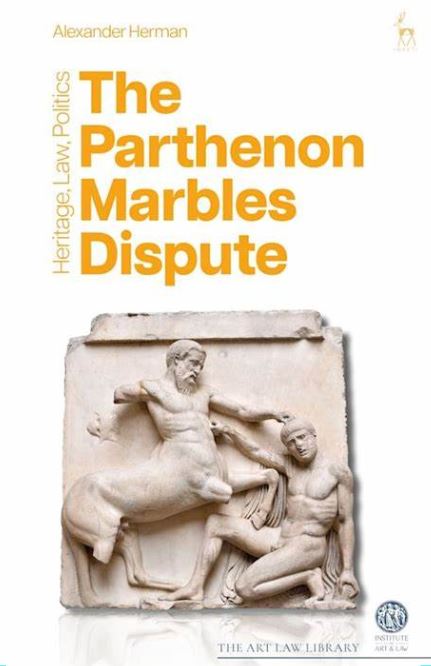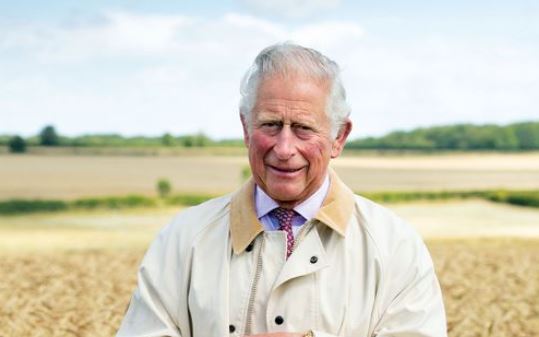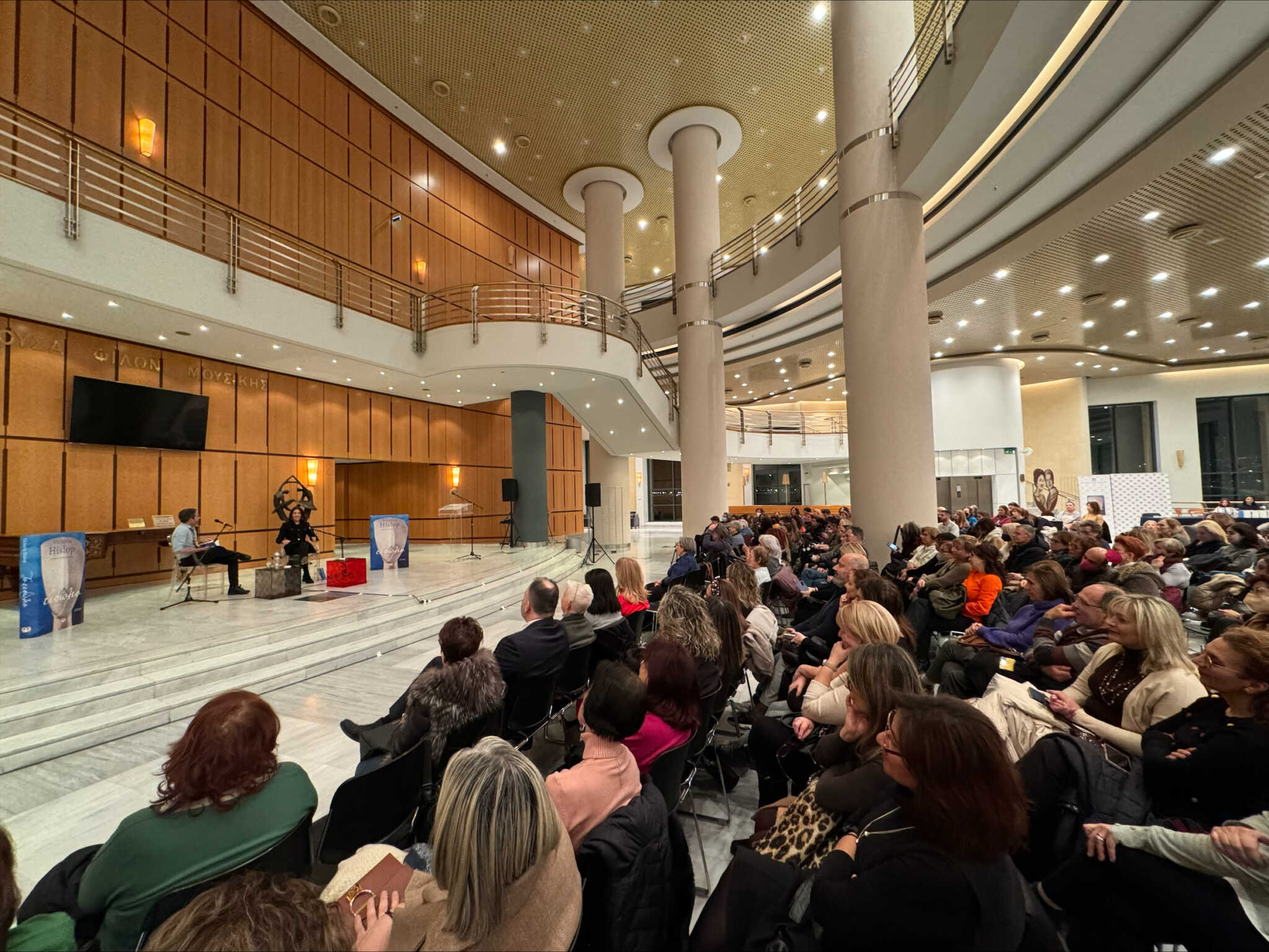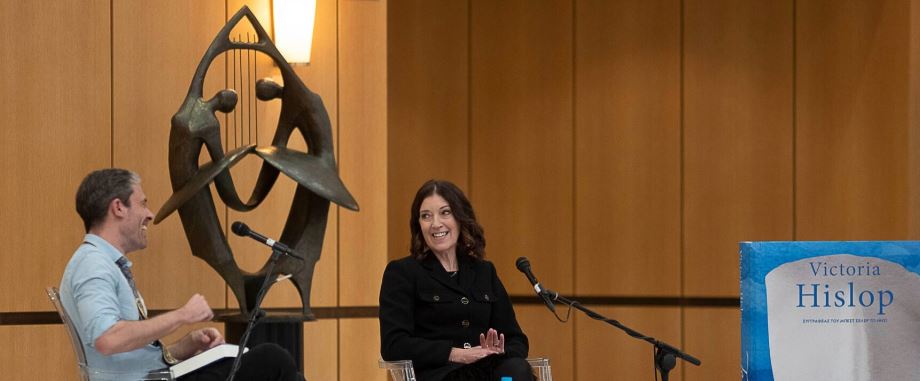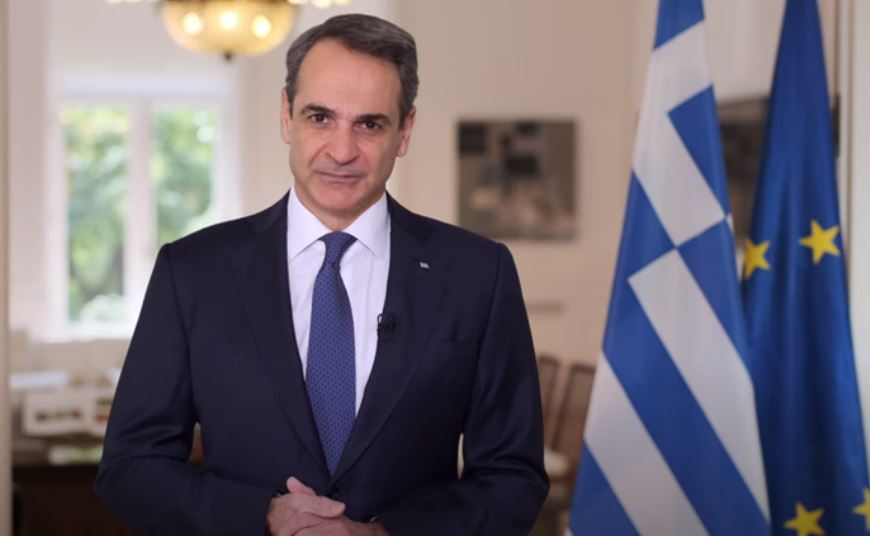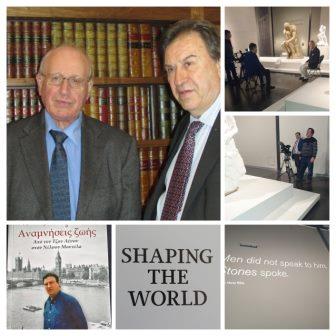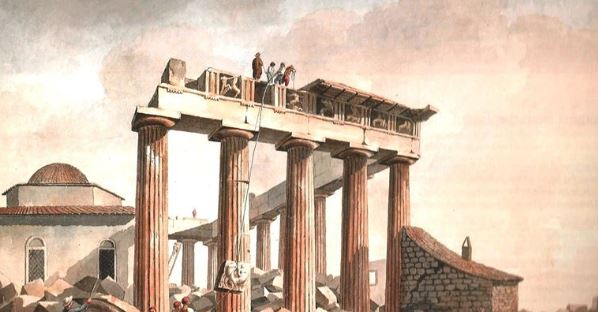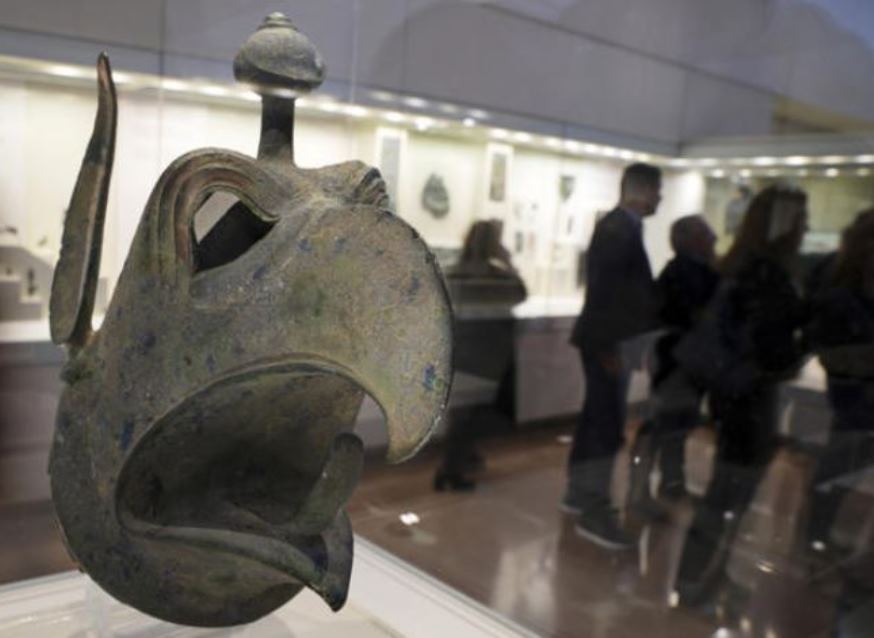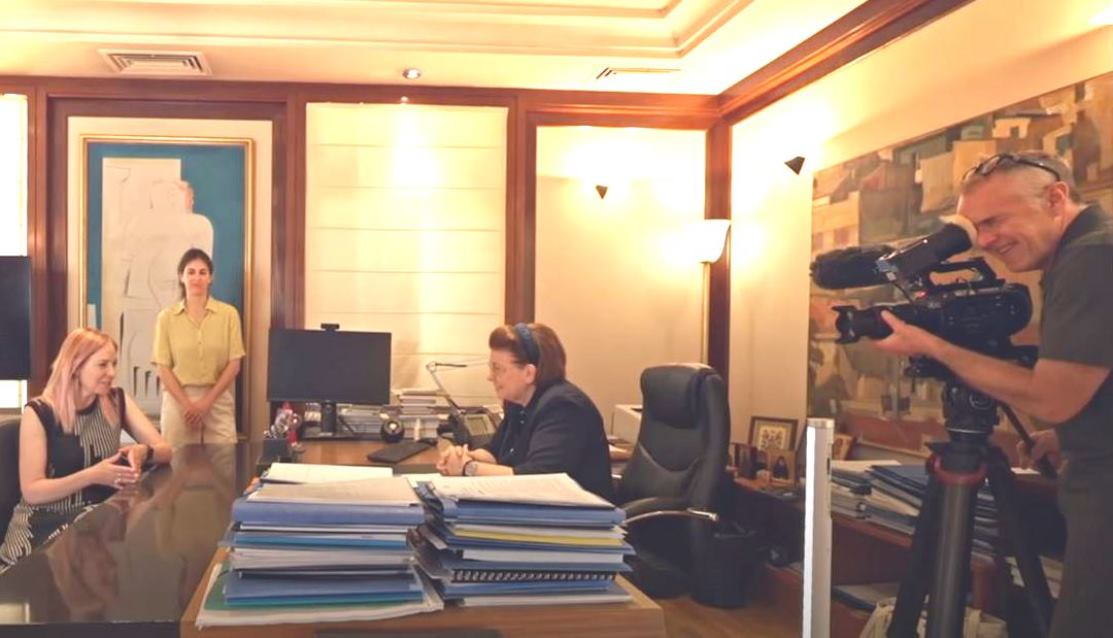In an exercise where legal formulation meets branding, significant efforts are being made by both parties to keep the agreement’s messaging positive, and the wording around ownership vague enough so that both Greece – which regards ownership over the artifacts as key in any potential agreement – and the British Museum – which is restricted by laws, such as the British Museum Act of 1963, that ban the removal of artifacts from its collection – can come to a consensus.
Niko Efstathiou
The headline of Niko Efstathiou's article in Kathimerini, 05 February 2023, post his visit to London took our breath away: 'In London, the return of the Parthenon Sculptures seems all but inevitable'.
For most of us, and not just in Greece and the UK but globally too, this has been a hope that has burned passionately for what seems like forever.
That Niko encountered visitors in the British Museum's Room 18 admiring the fragmented and divided Parthenon Marbles, also saying how they hoped to see them reunited, was nothing new. This has been happening for sometime. More so however since the opening of the superlative Acropolis Museum in June 2009.
"No major news has surfaced in the past few months, since British Prime Minister Rishi Sunak’s last-minute cancellation of a meeting with his Greek counterpart Kyriakos Mitsotakis in late November reinvigorated a decade-old cultural debate. But today, the sentiment in London is that the return of the 2,500-year-old marble sculptures and reliefs is all but inevitable." Writes Niko as he goes on to outline the strong public support, which has also been there for sometime.
The British sense of far-play to the fore: if these sculptures were removed when the country of origin had no voice, we ought to do the right thing, and return them to the country of origin. A sentiment echoed at UNESCO's ICPRCP and translated into recommendations and conclusions to highlight the ever pressing need to find a solution to this, long running, cultural heritage dispute. A dispute that has kept the media writing, and voicing their observations. There has been no end to the coverage for this just cause.
"In an exercise where legal formulation meets branding, significant efforts are being made by both parties to keep the agreement’s messaging positive, and the wording around ownership vague enough so that both Greece – which regards ownership over the artifacts as key in any potential agreement – and the British Museum – which is restricted by laws, such as the British Museum Act of 1963, that ban the removal of artifacts from its collection – can come to a consensus." Continues Nikos in his article and indeed we reflect on how many times BCRPM's Chairs and Vice-Chairs have urged the UK to consider amending the law. An amendment that was not given the consideration it deserved because of fear. The fear of 'what else' would be requested and spurious 'floodgates' arguments stopping any sensible progress. Fear by the UK's PMs, and MPs.
And Nikos goes on to add: "In the meantime, if there is one thing pushing the deal closer towards fruition it is the British Museum’s leadership". Totally on point, as the British Museum and the UK Government were never keen to engage in dialogue. Now under the leadership of George Osborne, the British Museum is looking for a 'win-win' long term partnership where cultural artefacts are given maximun mobility, and these peerless sculptures are allowed to travel back to Attica.
We will never forget when one of the sculptures, Ilissos, travelled to St Petersburg, nor can we forget the equally unsupportive reaction of those that hold the British Museum in the highest esteem. It was not, that Director's finest hour, made worse by what hasn't made relations between the West and Russia any better. The annexing of Crimea it seemed was just the begining of a grander scheme to gain more land, and Russia invaded Ukraine on the 24 February 2022. Ilissos' move from London to St Petersburg sparked more support for the reunification of these sculptures, than it did for the relations betweeb Russia and the West.
And so to 2024 and two friendly nations looking to a museum “partnership that requires no one to relinquish their claims.”
"Paradoxically, though the explosive diplomatic spat that took place in November suggested that the current UK government will not back a potential deal, Downing Street’s impulsive reaction may have also triggered a change in British politics. Sunak’s panicked decision to cancel the meeting with Mitsotakis ended up being widely criticized by all sides of the political spectrum, among others by Osborne himself, a former chancellor of the exchequer for a Tory government, who suggested it was a “hissy fit.” Continues to write Niko. Indeed what was PM Sunak thinking?
“I jumped up and down with joy when it happened, because obviously it was a mistake,” recalls Dame Janet Suzman, actress and chair of the British Committee for the Reunification of the Parthenon Marbles, while detailing to Kathimerini her reaction to Sunak’s controversial snub. “I honestly think it is not something he thought about very deeply, it was a surface reaction in reply to an analogy used by the Greek PM on British TV. But it created a tidal wave of publicity for the return of the sculptures, so we were naturally quite thrilled in our organization.”
British politicians making mistakes, errors in diplomacy and international relations? Did this snub help the request for the reunification of the Parthenon Marbles? Our Chair, Janet says yes.
"As much as Greece would like to keep British politics out of any potential agreement, guaranteeing governmental support would make the deal with the British Museum far easier to implement. Herein lies the last factor most probably aligning with Greece’s case – at least very soon. Brits are heading to the polls in less than a year for national elections, and with polls unanimously showing the Tories trailing the Labour Party by unprecedented margins, a change in government seems almost certain. By all accounts, Sunak’s most likely successor, current opposition leader Keir Starmer, will be far more cooperative in the case of the Parthenon Marbles’ reunification." Writes Nikos. And indeed this sentiment was also echoed by Victoria Hislop during her interviews, whilst in Athens for the launch of her latest fictional novel, which was published also in Greek. A book launch that took place at the Acropolis Museum, on Thursday, 25 January.
And PM Mitsotakis' endevour, his mission to reunite the sculptures, a mission he has continued to push on with for nearly two years. “Let me be clear, we will insist on their reunification,” he said in New York.
"And though it is now waiting time, and the exact details of the deal are far from set and still kept away from public scrutiny, it is hard not to see that his vision – once a huge point of contention with Britain – is more likely to materialize than ever before." Concludes Niko Efstathiou.
To read Niko's toughtful article in full, follow the link here.

